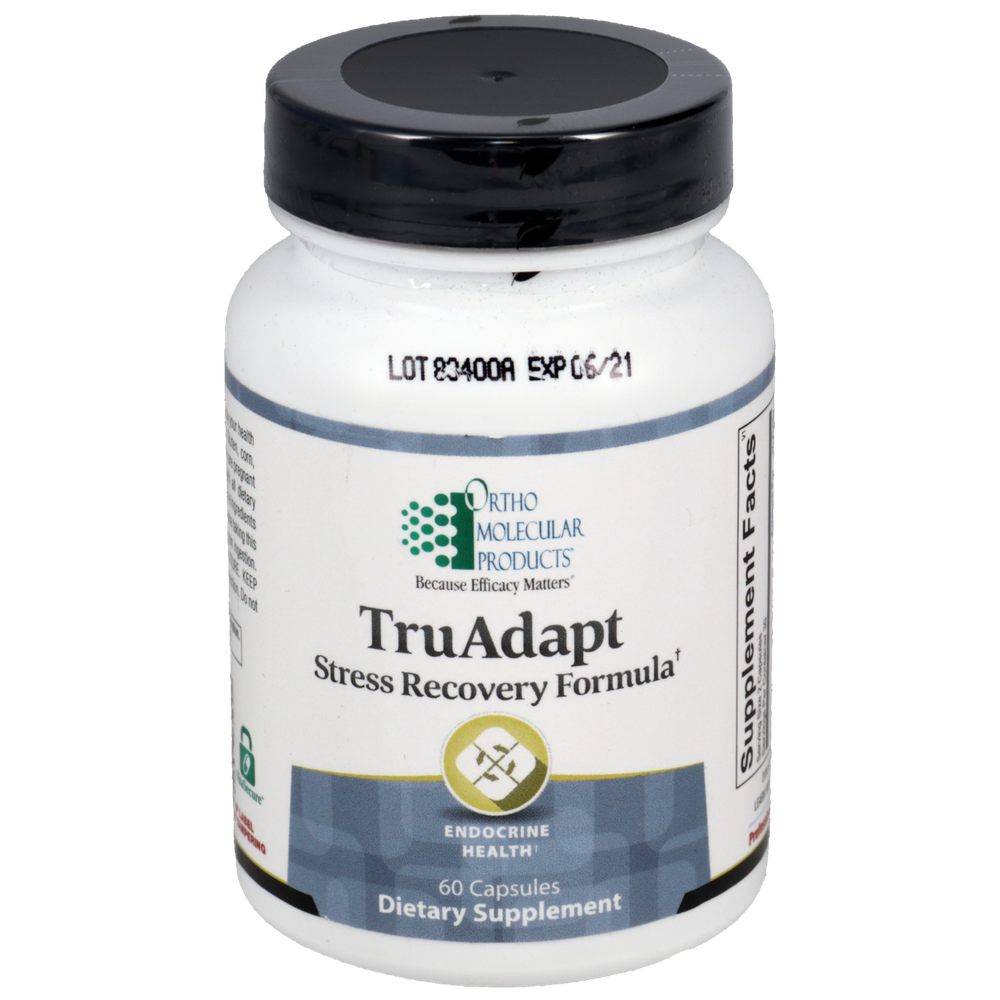
Licorice Root for Calm
Jun 16, 2021
Licorice Root (Glycyrrhiza Glabra) Benefits
Licorice root is commonly used to treat ailments like heartburn, upset stomach, hot flashes, coughs, respiratory issues, and bacterial and viral infections. And while it contains hundreds of plant compounds, licorice root’s primary active compounds are glycyrrhizin and glycyrrhetic acid.
Glycyrrhizin is responsible for the root’s sweet taste, as well as its antioxidant, anti-inflammatory (steroid like), and antimicrobial properties. However, glycyrrhizin is also linked to many of the adverse effects of licorice root such as increasing blood pressure (more on side effects below). As a result, some products use deglycyrrhizinated licorice (DGL) which has had the glycyrrhizin removed.
In the mental health field, licorice has been used for the treatment of stress and anxiety. We'll dig into how licorice might be used for those applications below.
Licorice Root (Glycyrrhiza Glabra) and Anxiety
Licorice root is effective at stimulating the adrenal gland. This is important because a properly functioning adrenal gland can help to regulate cortisol in the body. Cortisol is a stress hormone that can effect your health. In fact, chronic stimulation of cortisol is linked with everything from heart conditions to weight gain. Chronic stress can cause our glands to become fatigued from the constant production of cortisol and adrenaline.
Licorice also contains compounds that inhibit monoamine oxidase (the enzyme that breaks down neurotransmitters like serotonin).The only evidence for the use of Licorice to treat stress and anxiety conditions is from a small number of case studies claiming effectiveness. In effect, there is little high-quality evidence supporting licorice as effective in reducing anxiety.
Licorice Root (Glycyrrhiza Glabra) Dosage and Use
As a supplement, licorice root extract comes in several forms, including capsules, powders, tinctures, topical gels, and teas. The root itself can also be purchased either fresh or dried. There’s currently no standard dosage recommendation. However, the World Health Organization (WHO) and European Scientific Committee of Food (SCF) both recommend limiting glycyrrhizin intake to no more than 100 mg per day as products don’t always indicate the amount of glycyrrhizin, it can be difficult to identify a safe amount. As a result, it’s important to discuss a safe and effective dose with your healthcare provider.
Licorice Root (Glycyrrhiza Glabra) Side Effects
Licorice should be used with caution, as excessive use can lead to hypertension, edema and, in pregnancy, preterm birth. Due to a lack of research, children and breastfeeding women should likely avoid licorice-containing supplements.
Licorice Root (Glycyrrhiza Glabra) Supplements at Fullscript, our partner store
Please note: The product links in this blog go to our partner store, Fullscript (with an ongoing 10% discount for you + free shipping on orders over $50). You must have an account to view products and shop. Create your free account at: https://us.fullscript.com/welcome/nmh/signup. Learn more about Fullscript here.
TruAdapt provides a unique blend of “stress-adapting botanicals” which help increase the body’s resistance to fatigue, improve attention and immune function and maintain balanced cortisol and DHEA levels.*
Shop TruAdapt
*Note: Some of the supplements discussed in this article can cause side effects, but many people tolerate them much better than prescription medications. They are generally considered safe, however, they should not be started without your doctor’s knowledge and supervision. If you are taking medication already, be sure to talk with your doctor before adding any of these items. If you are considering going off medication, remember never to stop your medication suddenly—always consult with your doctor about how to safely taper off any psychiatric medication. See terms. These statements have not been evaluated by the Food and Drug Administration. This product is not intended to diagnose, treat, cure, or prevent any disease.
RELATED ARTICLE
Hops Strobile for Calm and Sleep Support
A 2010 review of studies on the combination of hops and other herbs found that 12 of the 16 studies reviewed found clear improvement in both the quality of sleep and in reducing the time it took to fall asleep. Another study looked at a combination of hops, passionflower, and other herbs and found it to be as effective as the popular sleeping medication Ambien.
SOURCES
Jorm, A. F., Christensen, H., Griffiths, K. M., Parslow, R. A., Rodgers, B., & Blewitt, K. A. (2004). Effectiveness of complementary and self‐help treatments for anxiety disorders. Medical Journal of Australia, 181, S29-S46.
American Botanical Council Expanded Commission E Monographs









